The Japanese language is complex, giving you the potential to be very creative in how you express your feelings. Communicating romantic feelings or feelings of deep admiration in friendship can be done in many ways in Japanese.
In order to communicate your feelings in the most authentic and accurate way, there are many phrases and expressions you can learn for the best way to say I love you in Japanese, based on your specific relationship with the individual you’re speaking with.
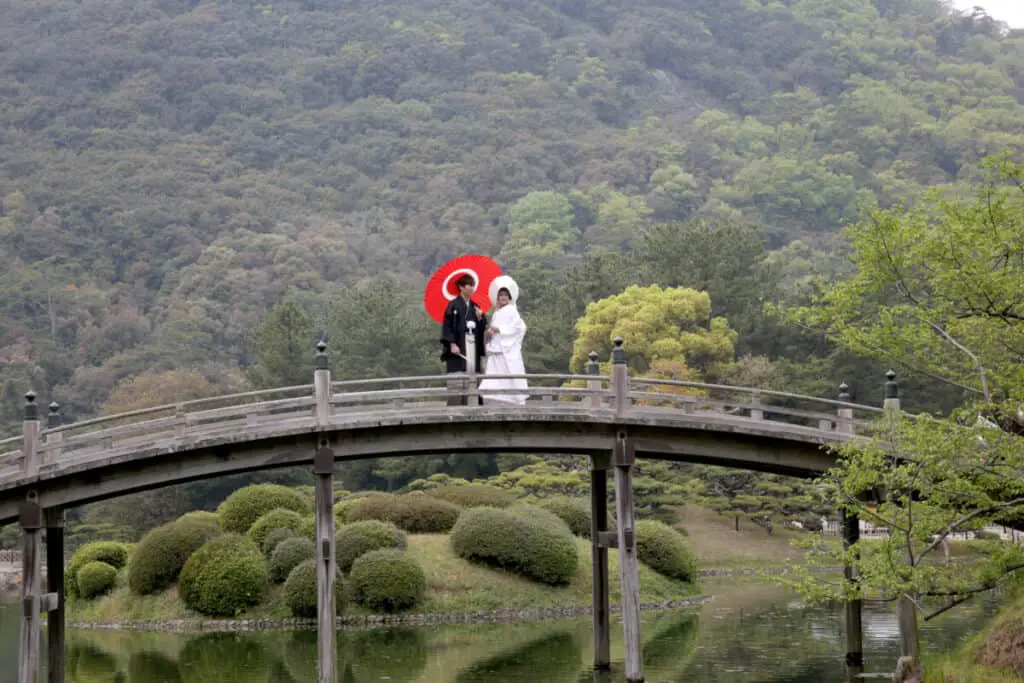
Suki Desu
While this phrase is used when you like something, in the right context, it can also be used to express how you love or deeply admire something or someone. Thus, it is one phrase for I love you that you will hear most often in Japan.
It could be considered the best way to say I love you in Japanese, considering it is widely understood to mean such. It is also understood that it may not mean romantic love, and it can be used in many situations appropriately.
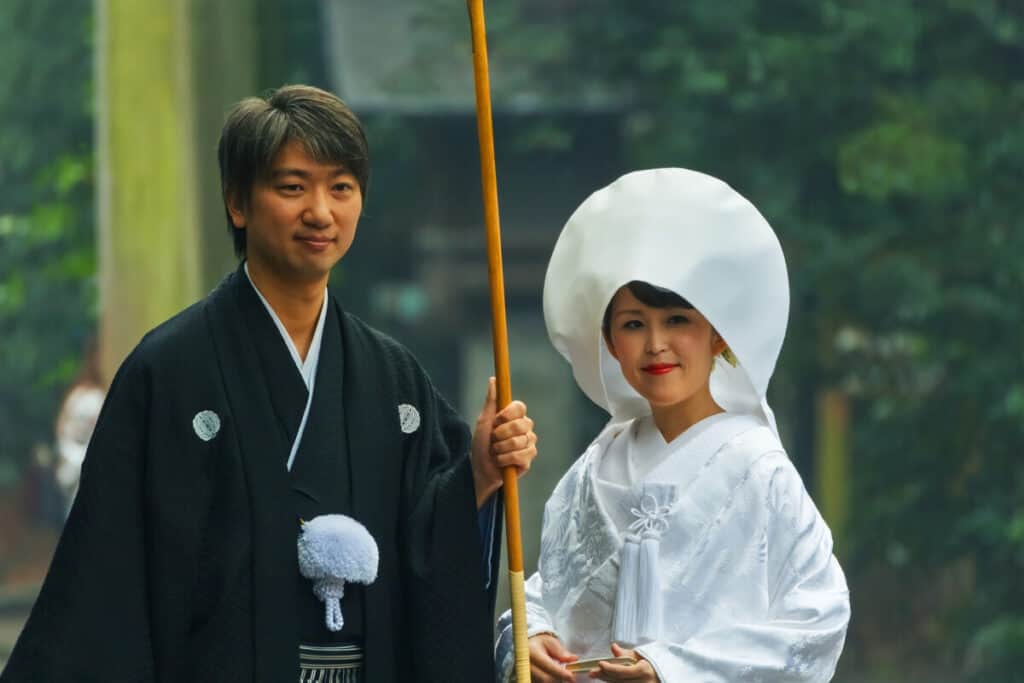
For example, if someone were to say suki desu to you after your first date, they are most likely not telling you that they are in love with you.
They would be telling you that they like you. Similarly, when it’s your wedding anniversary and your spouse says suki desu, they are probably telling you they love you, and not that they just like you.
Suki desu is also sometimes used to describe liking inanimate objects. When using the term in this context, you will say the item before the phrase. For example, if you want to say that you like sushi, you would say sushi ga suki desu.
Ai Shiteru
Ai shiteru translates to “I’m doing love” in English, but it is considered to be the proper and most literal phrase to say I love you to someone in Japanese. Ai shiteimasu is the formal version of this phrase for I love you. Ai is the Japanese word for love.
While there isn’t a phrase in Japanese that will translate to I love you in English verbatim, ai shiteru would be the closest thing to a direct translation.
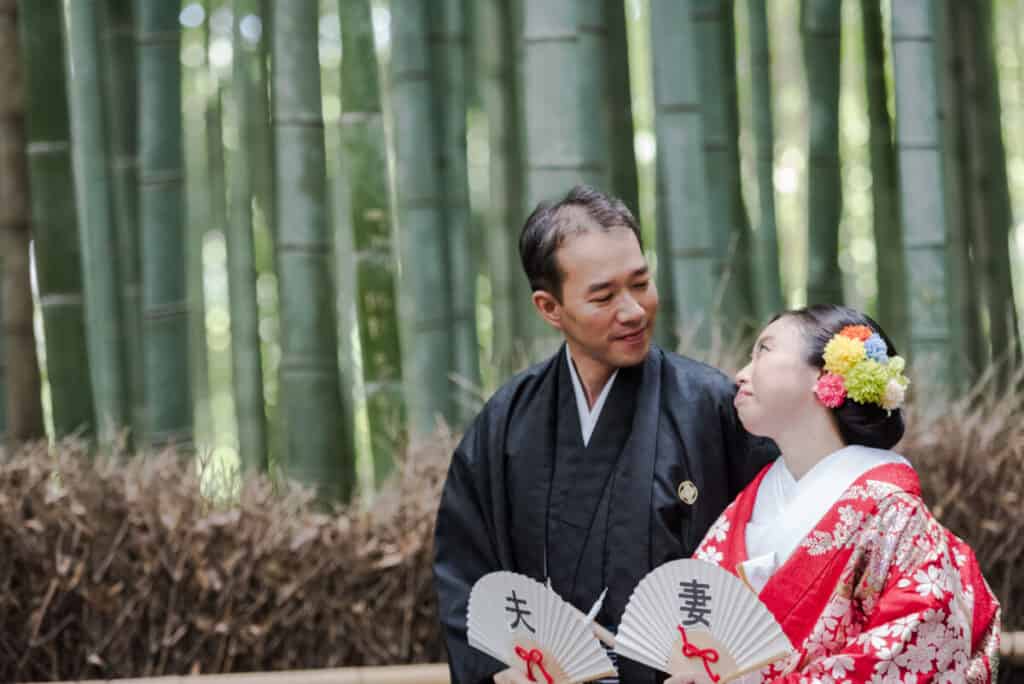
That being said, for those fluent in Japanese or native to Japan, it is not a frequently used phrase.
Ai shiteru or ai shiteimasu represents a deep, all-encompassing love, so it may be saved for a special occasion such as a wedding day. You might also hear someone say ai shiteru yo, which means I love you, but it sounds more casual.
Daisuki Desu
It’s quite clear how similar daisuki desu is to suki desu. They mean similar things as well. When you want to tell someone you really like them, or that you love them so much or very much, you can say daisuki desu to really get your point across.
Daisuki means that you really like something, so it can be an appropriate expression towards someone who you are starting to fall in love with, or who you like very much.
Dai adds emphasis to what you are saying in this context. This is because the word dai translates to big in English.
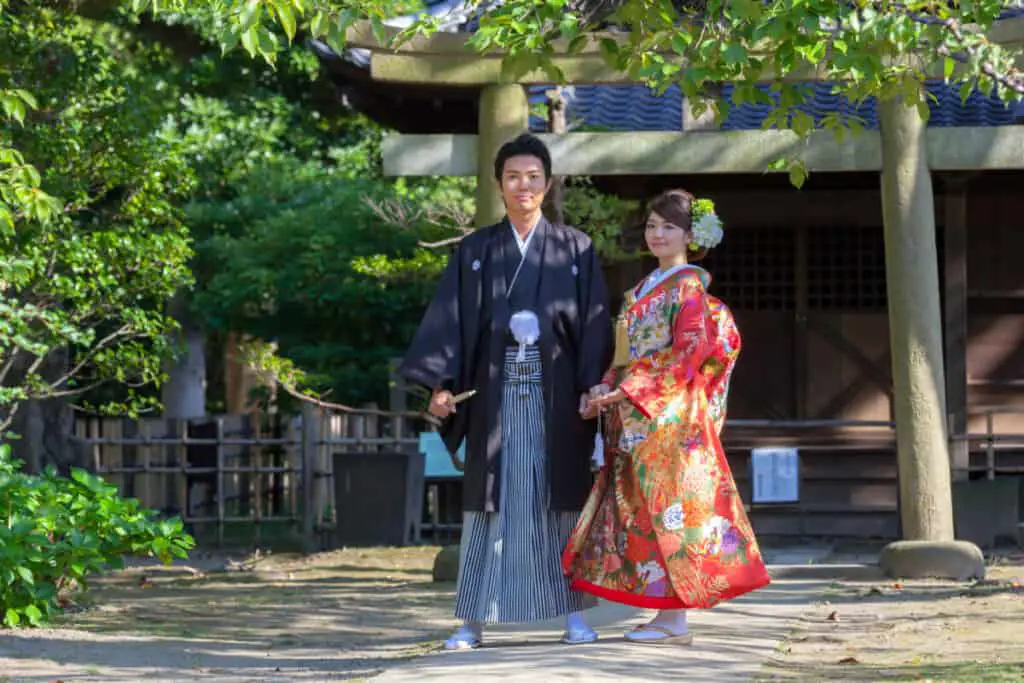
(Dai) Suki Da Yo
The statement suki da yo is a casual and widely understood way to express that you like or love someone or something. When you say dai suki da yo, you are vocalizing that you really like someone or something, or even love them.
With suki da yo being a general term for saying that you like or love someone, its meaning can vary depending on the way you say it, who you say it to, and the context of the situation you are in.
It is open to interpretation what you mean when you say it, so you might have to offer a further explanation depending on who you are speaking to.
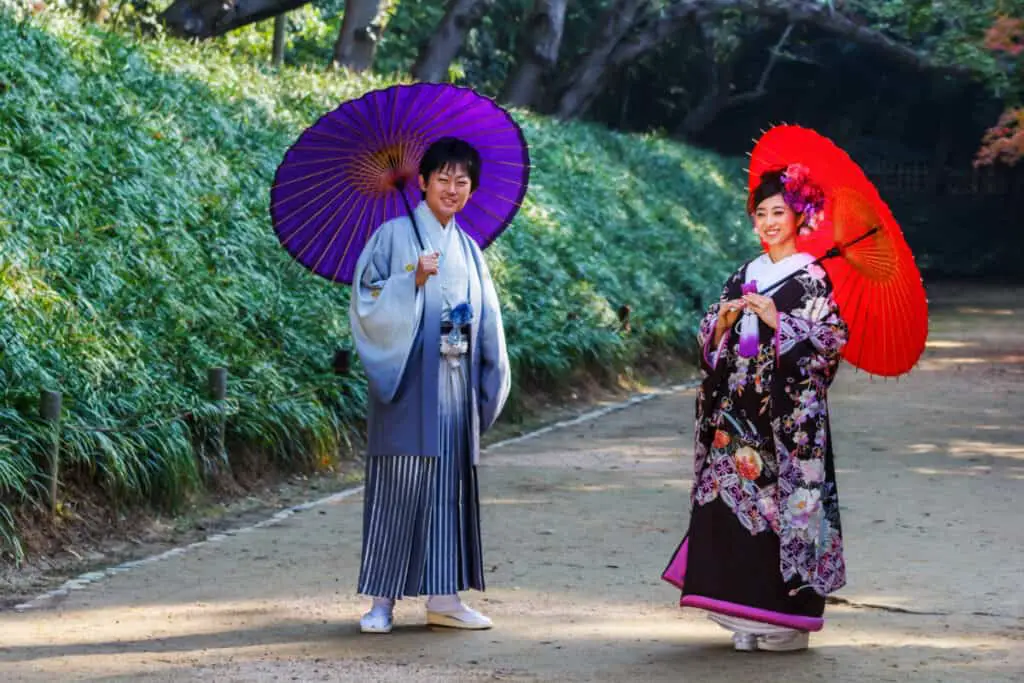
In Japan, when you are interested in dating someone, one way you might tell them this is to tell them suki da or suki da yo. The yo at the end essentially emphasizes your feelings and is seen as casual or informal.
Suki da is also a gender-neutral term, so anyone can be heard using it. Those who are somewhat familiar with the Japanese language understand that there are some phrases or variations of words that are considered masculine or feminine, which can be seen in other languages as well.
Suki Yanen
Suki yanen is one way to say I love you that might be considered slang in some parts of Japan. In the Kansai dialect in Japan, this is the customary way to say I love you.
It can be regarded as a slang form of”I love you” because its translation is similar to “I like ya.” If you want to tell someone you love them in Japanese in a light-hearted, easygoing manner, you might choose suki yanen instead of saying it another way.
Koi
Koi is another word that can be used to describe love in a romantic sense in Japanese. You might not hear people professing their love with the word koi much, but it is a popular word in many Japanese proverbs describing love.
How To Express Interest In Japanese
While it could take you some time to remember this sentence in Japanese, if you want to ask someone you’re interested in out on a date, you can say jitsu wa (insert name here) ga mae mae kara ki ni natteiru. Moshi yokattara de-to shimasen ka?
This translates to “the thing is, (insert name here), I’ve been interested in you for a while now, and I was wondering if you would like to go on a date sometime?”

If you want to be more direct, you can say anata wa kakkoii desu ne. Nomi ni ikanai? This means “You’re really cool. Want to go grab a drink?” (Normally only used by women to men)
If someone tells you they like you in Japanese, you can respond by saying watashi mo suki, which means I like you too.
Some Tips For Expressing Love In Japanese
When you are still trying to get a handle on the Japanese language, it can be overwhelming when there are multiple ways of articulating one thought or feeling.
Your safest bet will be sticking with suki da or daisuki da, considering they are the most used.
When learning Japanese, you are often taught not to use informal language until you have a good grasp on what you are saying, and when it’s appropriate to be casual or formal.
When it comes to expressing love, however, staying casual is your best bet for using the phrase properly.

Are Japanese People Big On Expressing Love To One Another?
Japanese people are very sentimental, but they tend not to get overly expressive when it comes to verbally claim their love for one another.
They do not gush over one another as if often seen in romantic media in Western countries. However, you might hear utterances of love splashed throughout Japanese media.
You most likely won’t hear a Japanese couple say I love you to each other in any manner every day, or at times where people in Western culture might say it to each other.
For instance, we often say I love you when we are leaving home to go to work, or when we are getting off the phone with someone.
This does not happen in Japan, though. People in Japan prefer to express their love in other ways outside of using their words. In their culture, actions say enough.
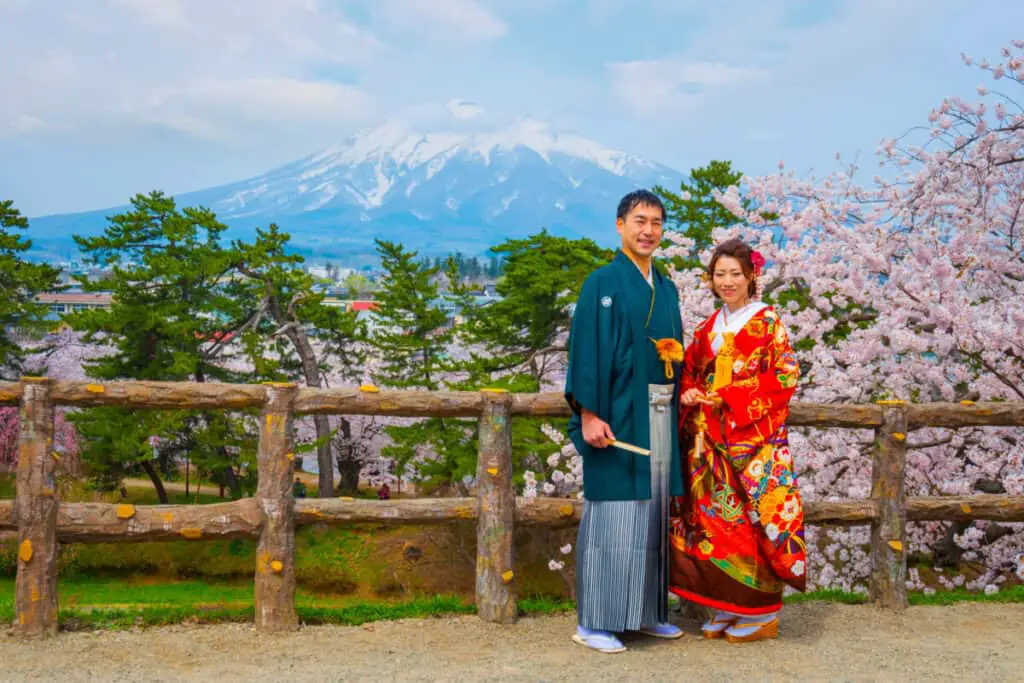
It is considered more genuine to show your loved ones your admiration and appreciation for them in other ways. For example, people from Japan enjoy giving each other gifts and put a lot of thought into the presents they give to one another.
Furthermore, in Japan, gestures are often exchanged between people in love in order to represent how much they love each other.
This could be as simple as bringing someone flowers or their favorite sweets, or as bold as making a charitable donation in their name or taking them on a trip.
Finally, if you are dating someone who is native to Japan and tell them you love them, you shouldn’t be surprised if they don’t say it back to you.
It is not said as much in Japan as it might be in other countries. You shouldn’t be offended if the individual just says thank you or nods.










